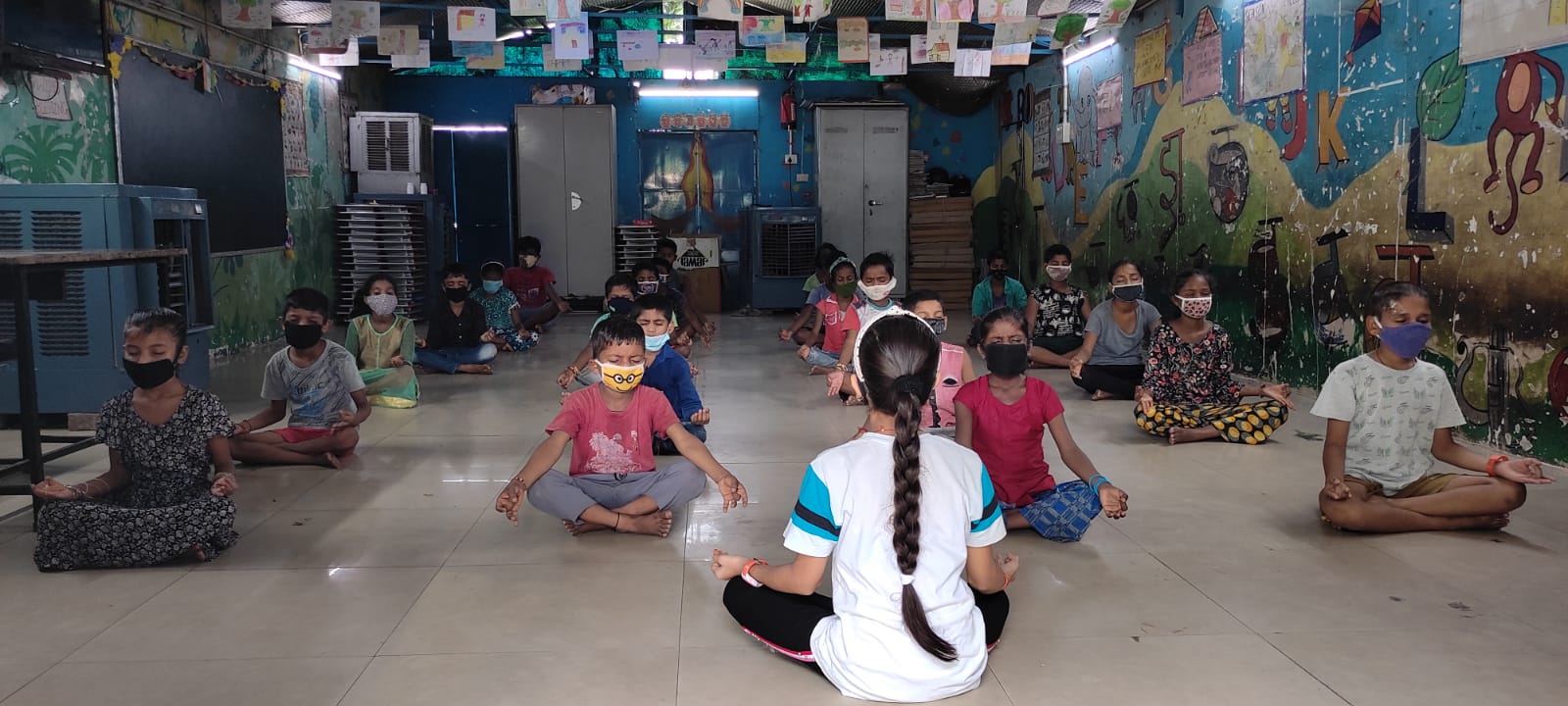Health is often described as a well-being state of the body, mind, and spirit. The term “holistic” is often used when discussing these three aspects of a person. To be certain many professionals in the physical and mental health field do view the body, mind, and spirit to be inextricably linked. This indicates that the state of well-being of one aspect affects the other two, and vice-versa.
Most of us do have an understanding of what a healthy mind or body means, but let us have a look at what a “healthy spirit” means?
The spirit of a person can be described as the essence of who the person is. It is that spark or energy present at birth that makes one living entity distinct from another. It is what makes each of us unique. The “soul” is often referenced when talking about someone’s spirit. It grows, develops, and changes over your lifetime just as your body and mind grow and mature.
It is our emotional health that affects how we feel about ourselves, our interpersonal relationships, and our complete life in general. Emotional health is all about the measurement of our ability to cope up with the ups and downs of life. It is the flexibility of the response when one is faced with life’s highly challenging moments.


Another indicator is the very level of satisfaction plus connectedness you do experience in your interpersonal relationships, as well as the feelings of success, contentment, or happiness in your life.
Spiritual health refers to the relationship you have with the Sacred, the Divine, the Holy that transcendent being or reality many of us identify as God. Many may name this reality as the Eternal One, Creator of All That Is, Holy One, Bhagwan, Source of Life, Allah, Yahweh, etc. (For this article, I will use the term “God.”)
It is interesting to note that just as we experience physical and emotional wounds, so do we experience spiritual wounds. Spiritual wounding does occur when someone’s essence that is one’s spiritual experiences profound denigration, humiliation, shame, or complete disregard for one’s humanness and personhood. This wounding occurs regardless of one’s faith, religion or denomination. When someone experiences physical or emotional violence and abuse, there is a high likelihood that at the deepest part of her/his being there are spiritual wounds.
How can we recognize someone who is spiritually wounded?
Let us look at some instances: It could be about a woman having a personal history that is marked by sexual abuse and has experienced emotional healing. However, she still feels deep shame or guilt within herself regarding the abuse. It could be a man who has experienced physical abuse in his childhood, and though he can function quite constructively in life, continues to feel deep despair and distress. It may also be a victim of crime, a soldier, a grieving parent, an isolated older adult, a child bullied in school, a clergy person, a healthcare provider, a friend or co-worker, yourself anyone!
It is important to note that one way a person may express this wounding is in statements such as, “Why did God let this happen to only me?” “If God ever loved me, this would not have happened.” Some individuals feel God cannot possibly love her/him because: “I am damaged and mutilated goods.” “I was my own mistake.” “I did not do anything to stop it from happening.” “I deserve what happened to me.” Do consider when someone is experiencing ongoing worthlessness, self-denigration, unfair criticism towards themselves, or strongly beliefs that s/he is unlovable, there is a very high likelihood that the spiritual wounds need to be addressed and looked upon with keen interest.
So, the next point to note is how can someone experience spiritual healing?
Many people do seek counseling from their pastor, priest, rabbi, minister, imam, clergy-person, etc. Some even go on to discuss their spiritual wounding in therapy with a psychotherapist. Others do seek out spiritual counselors, sometimes referred to as spiritual directors, to work in conjunction with their psychotherapists to specifically address the spiritual concerns.
Please note they are similar to the healthcare providers trained to care for your physical health, spiritual directors are individuals that are trained to care for your spiritual health.
Spiritual directors are thereby professionals with knowledge and experience in the areas of spiritual formation, development, and also guidance. If one is raised within a particular religious denomination or with a set of concrete religious principles. It is the spiritual director that helps you recognize your early understandings of God and how those understandings may or may not have changed over the years.
Spiritual direction can be beneficial to someone who is in psychotherapy but also wants to give a more specific focus towards their spiritual side. It is noted that those looking to recapture an enriching childhood relationship with the Divine will also benefit from the addition of spiritual guidance in their sessions. What has once been sustained and what has brought great joy may have been lost and can often be re-awakened with some nurturing and spiritual guidance.


This is, certainly, the case for any person who has a deep and dedicated relationship with the Divine and simply wants to deepen it and enrich it with more expert guidance.
About the Author
Trishna Patnaik is a BSc (in life sciences) and MBA (in marketing) by qualification but an artist by choice. Previously a corporate professional, she realized that she wanted to do something more meaningful. She found her true calling in her passion, painting. Trishna is now a full-time professional painter based in Mumbai, as well as an art therapist and healer.


